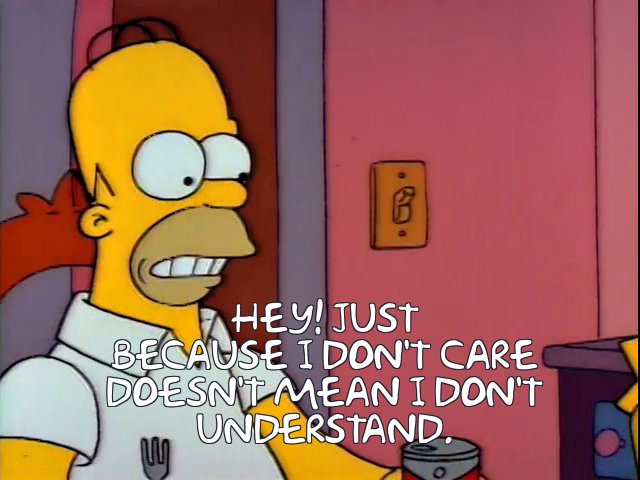While this is a contentious subject - I find it really interesting.
There are three types of continuity issues that aren't always brought up separately (At least in other places I've seen this topic being discussed). It's all jumbled together which really muddies the conversation.
- One type of continuity issue is minor things - recasting, wardrobe error, deck layout error, dates being wrong, etc. I wouldn't care, for example, if in one scene Tuvok has Lt. Jr. Grade pips and then the next he has his normal lieutenant commander pips. That is discontinuity but it's so obvious that it was a minor wardrobe error and it was a single scene. But let's be honest - we aren't usually talking about something so superfluous when we are angry at continuity issues.
- The second type is kind of in the middle - A throwaway line that isn't always something to throw away. For example, Worf saying phasers were invented until the 23rd century. I kind of understand why this quick line wasn't remembered for ENT. Same for Spock saying the Eugenics Wars taking place in 1996. O'Brien's inconsistent rank (not a wardrobe error). I get why writers don't remember every single line ... but in the world of Memory Alpha/Beta ... I'm not so fond of giving this pass anymore.
- The third type is much bigger - Klingons suddenly appearing as orcs (the TOS to TNG change was explained), the Trill change between TNG and DS9, the Romulans having bumpy foreheads, Klingon First Contact, Borg First Contact, light sensitivity for Terrans, Q suddenly being able to die, several styles of alternate FTL travel being explored in VOY alone but not one takes hold and dilithium still used in the 31st century, time travel working 10000 different ways, technology inconsistency across the shows that supposedly take place at the same time (I'm not talking about better CGI or no jelly bean buttons), etc.
Honestly? I care. It's not that I'm a "hater" or trying to find things to complain about. I don't follow online content that complains about "wokeness" or make it a point to find something,
anything, to hate about Star Trek. It's just my personality to want to see interconnectivity and completeness. I love when certain plot points have a full conclusion and explanation. I love when cross overs occur or references are made between series or even within them.
I'm honestly not a fan of the arguments
against continuity. It just doesn't make sense to me enter into a sprawling, interconnected universe only to say "Damn the continuity. Story matters more." As if the two are mutually exclusive, anyways.
To make matters worse - when they get it right they
really get it right. Which makes the errors more egregious. You
know they had to do some research for episode III of the TNG - Unification two-parter in DISCO or learning about the Watchers from a
single episode of TOS. Yet ... they screw up on other things. Like ...huh? Are they reading Memory Alpha for one topic and getting bored mid-way on another and just spit balling? It's weird that so much effort can be made in some regards and not in others.



